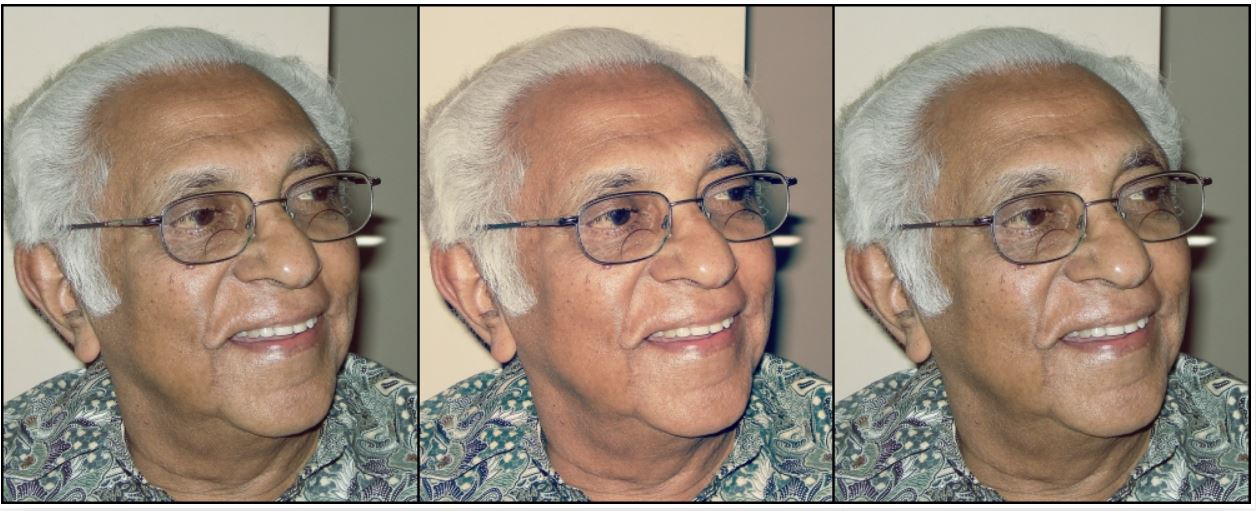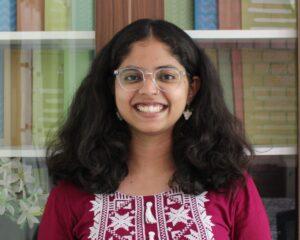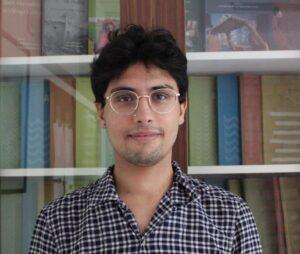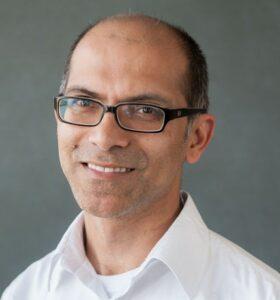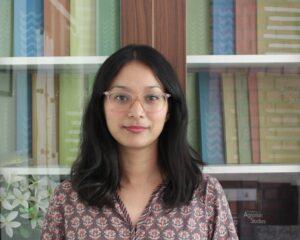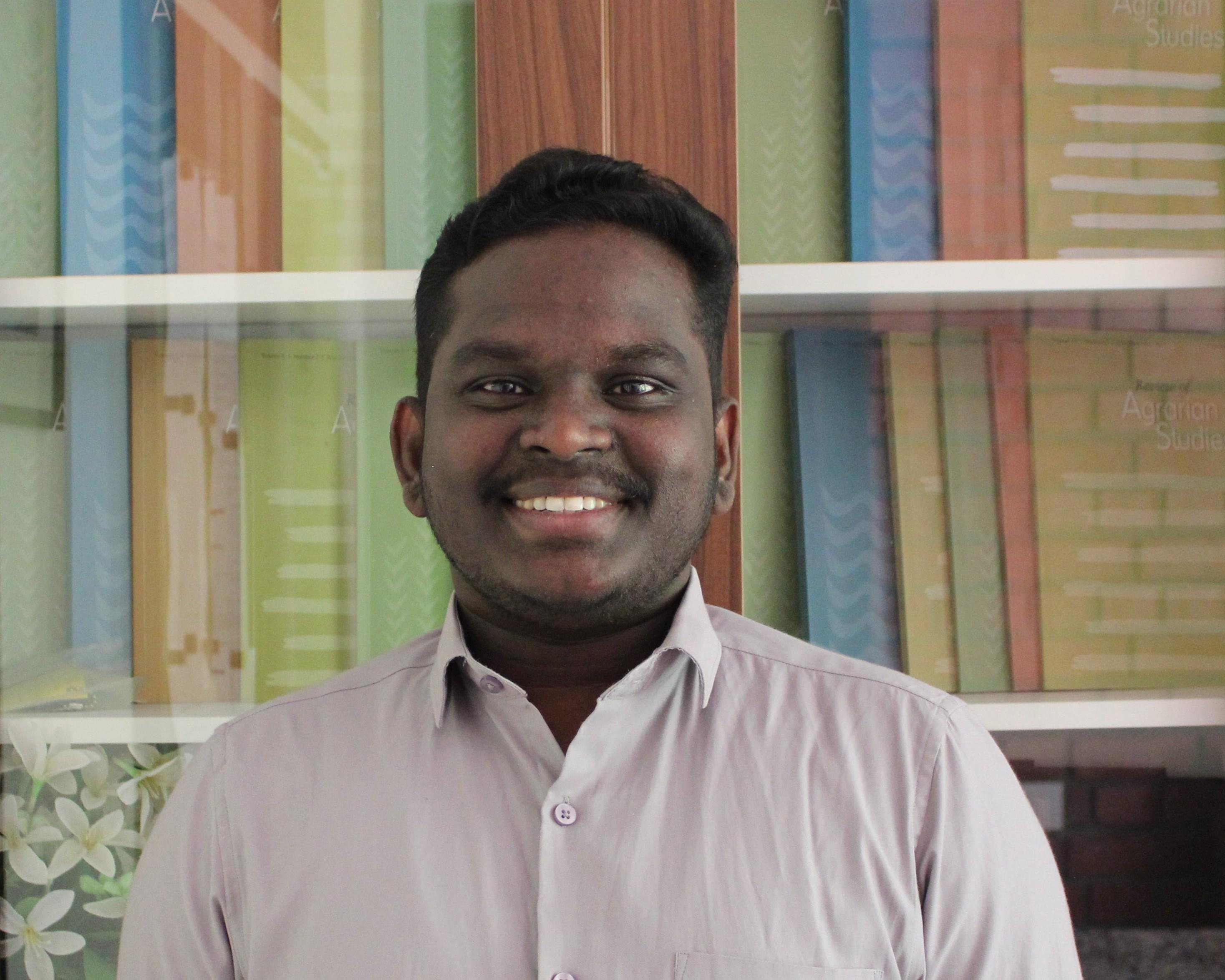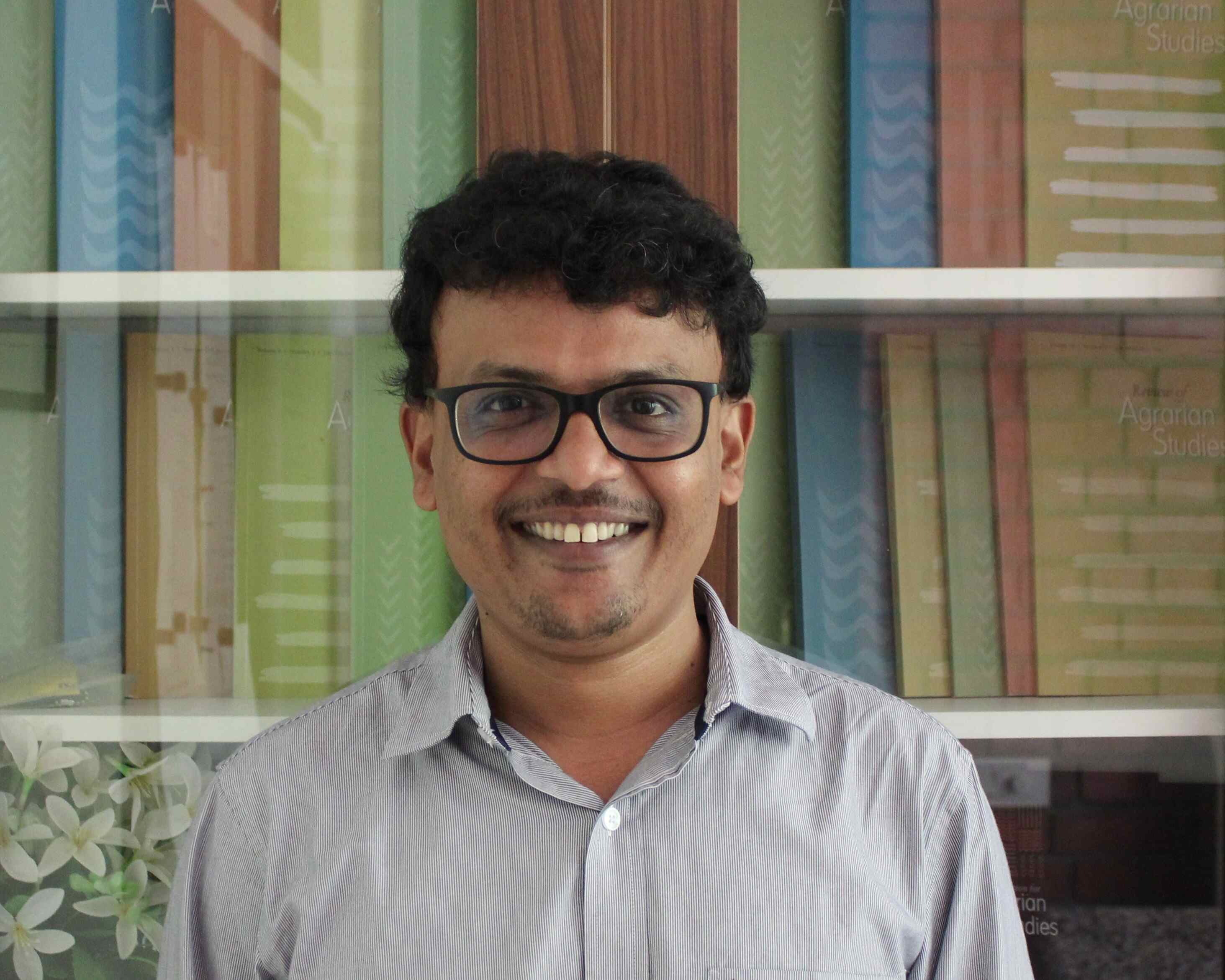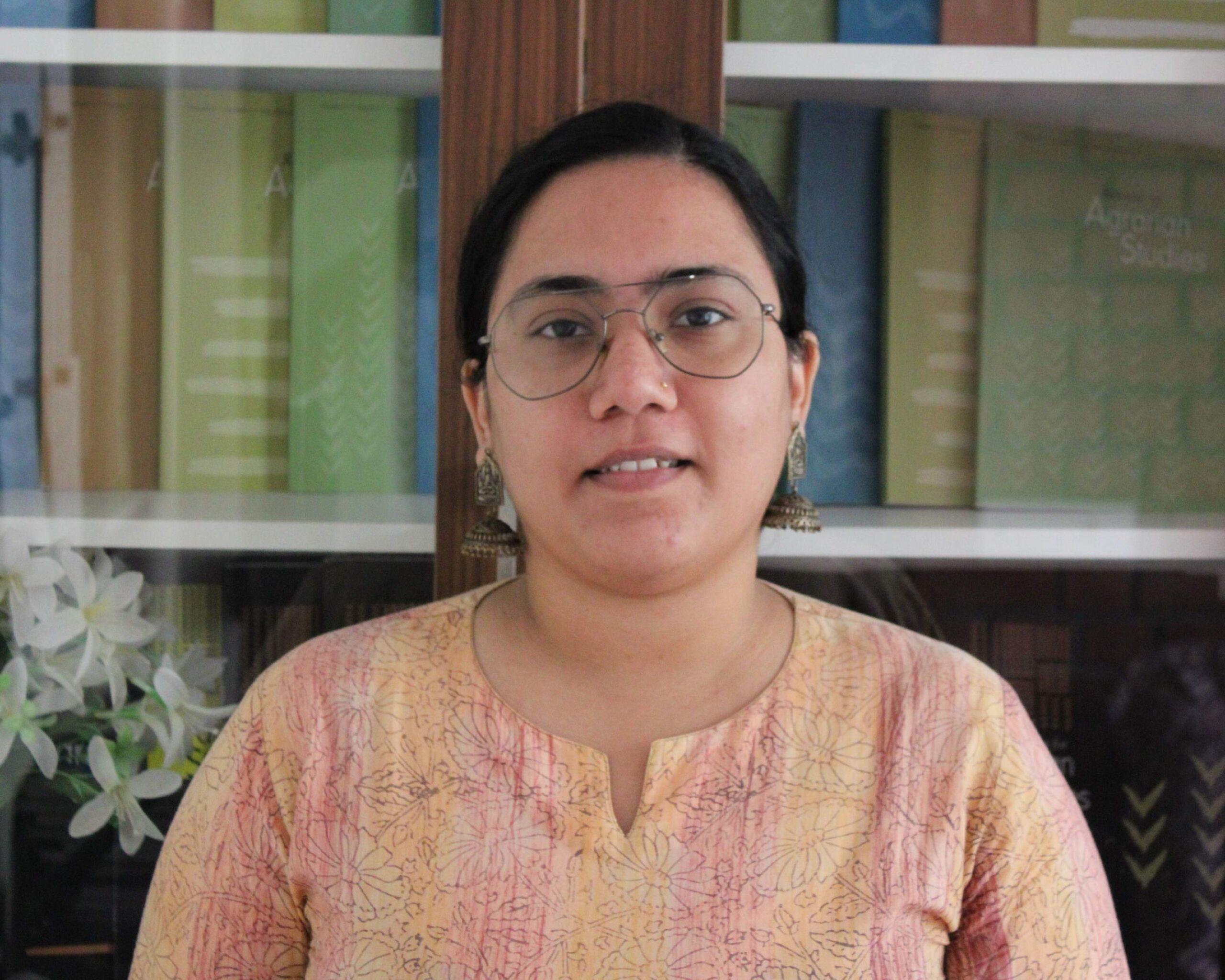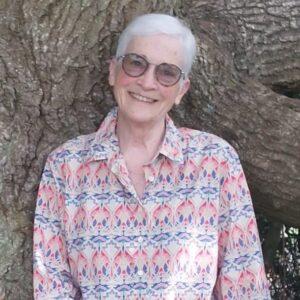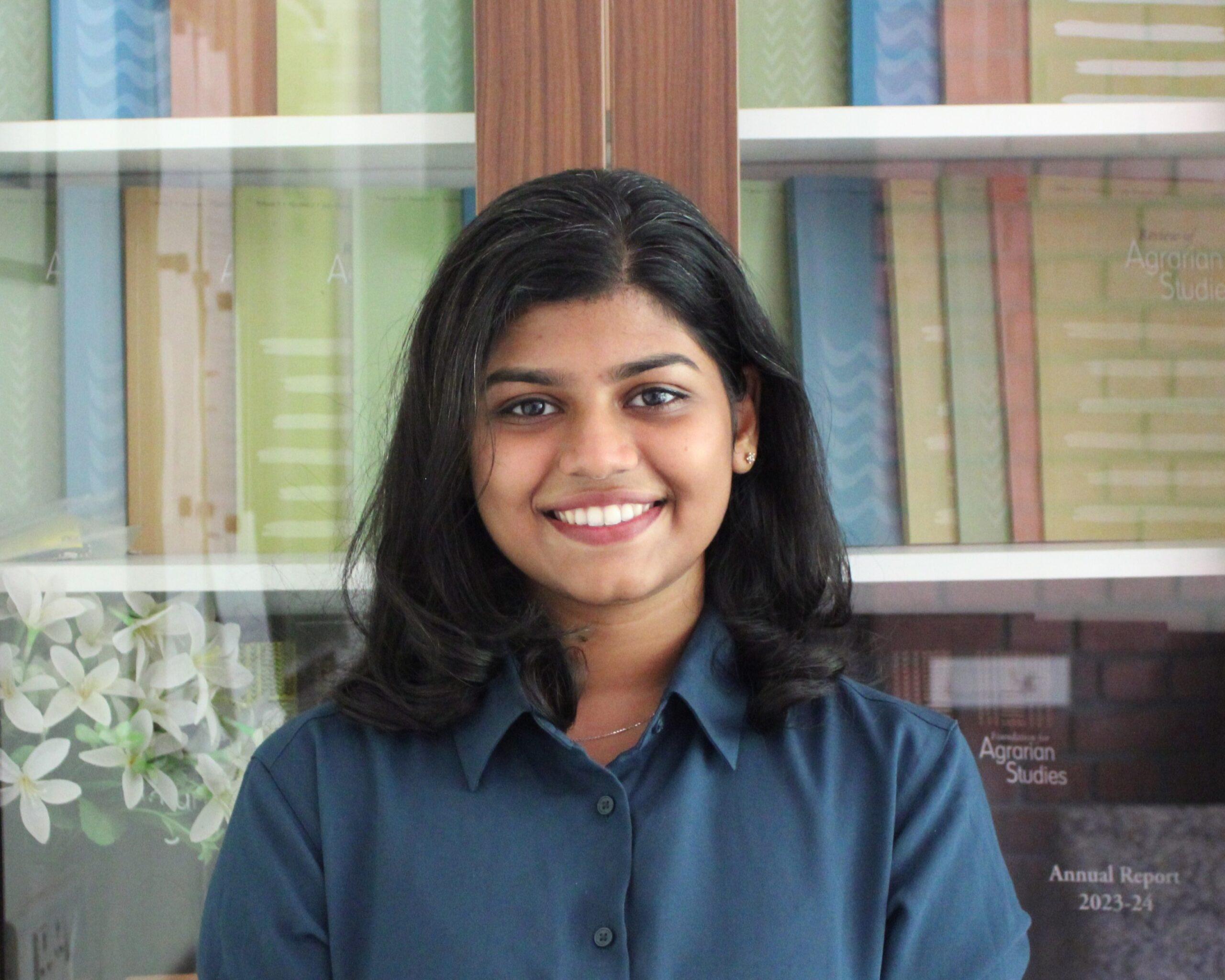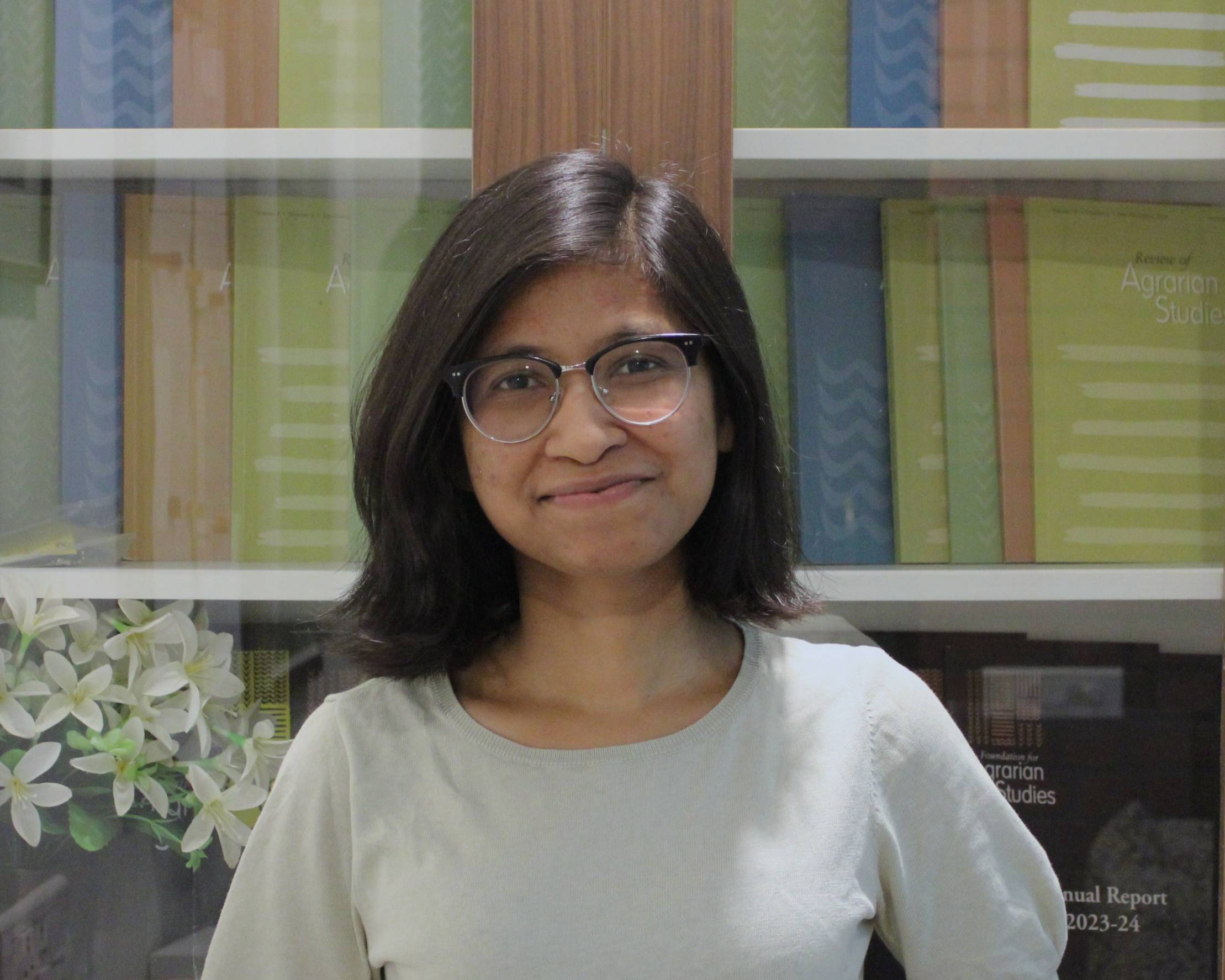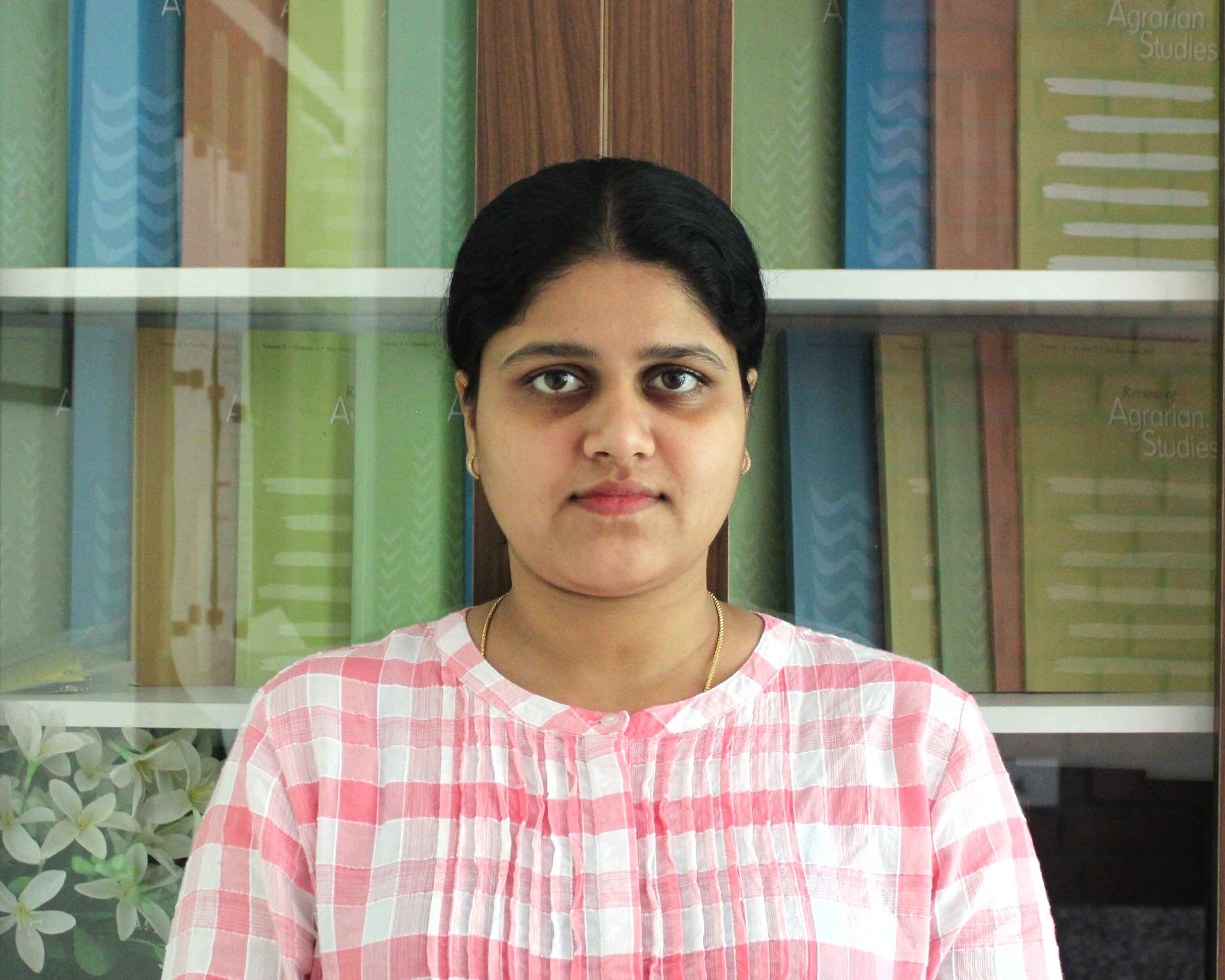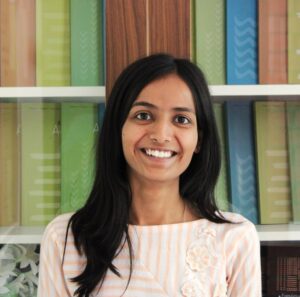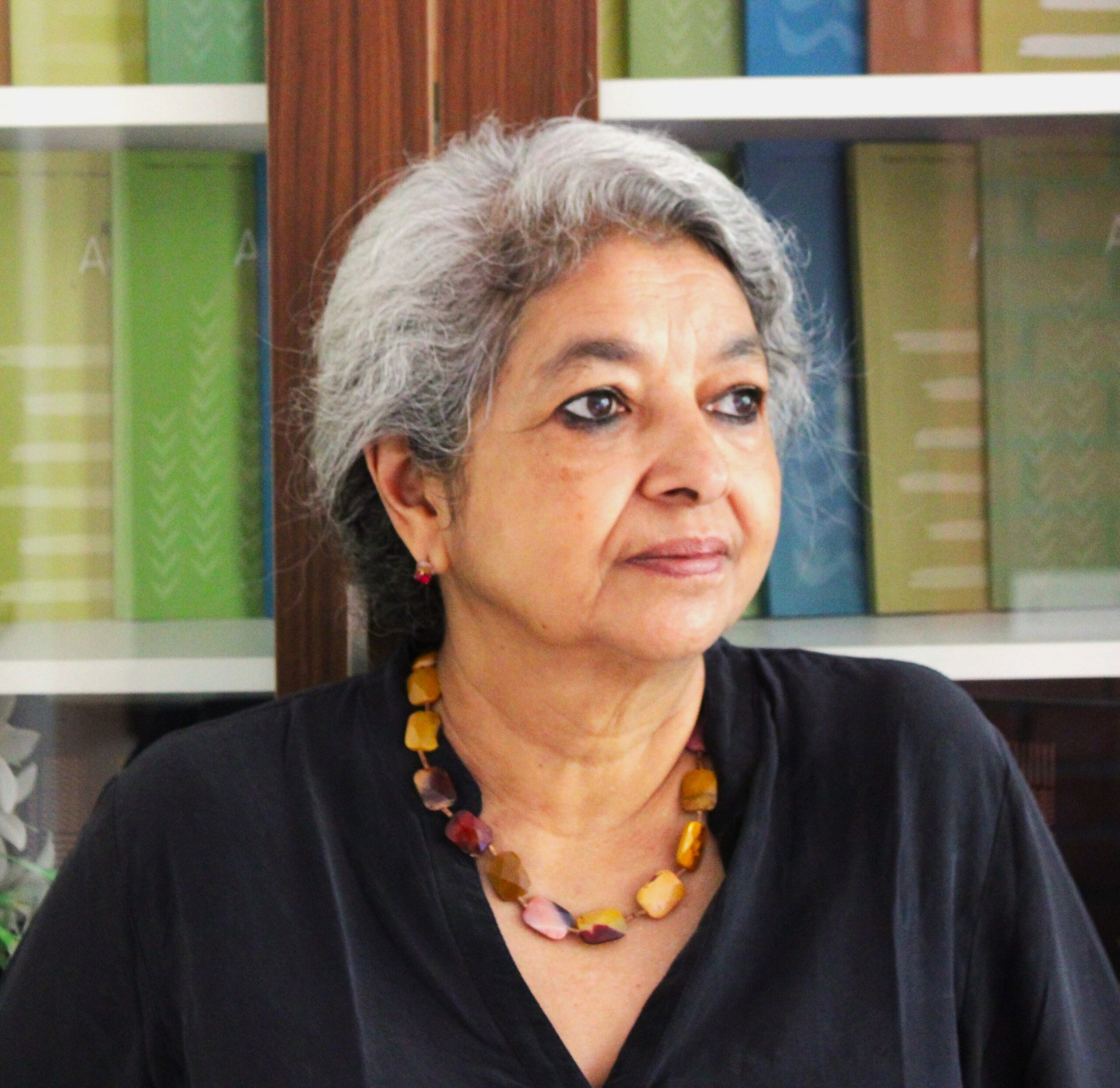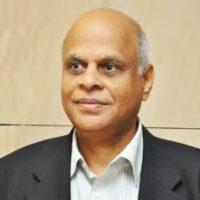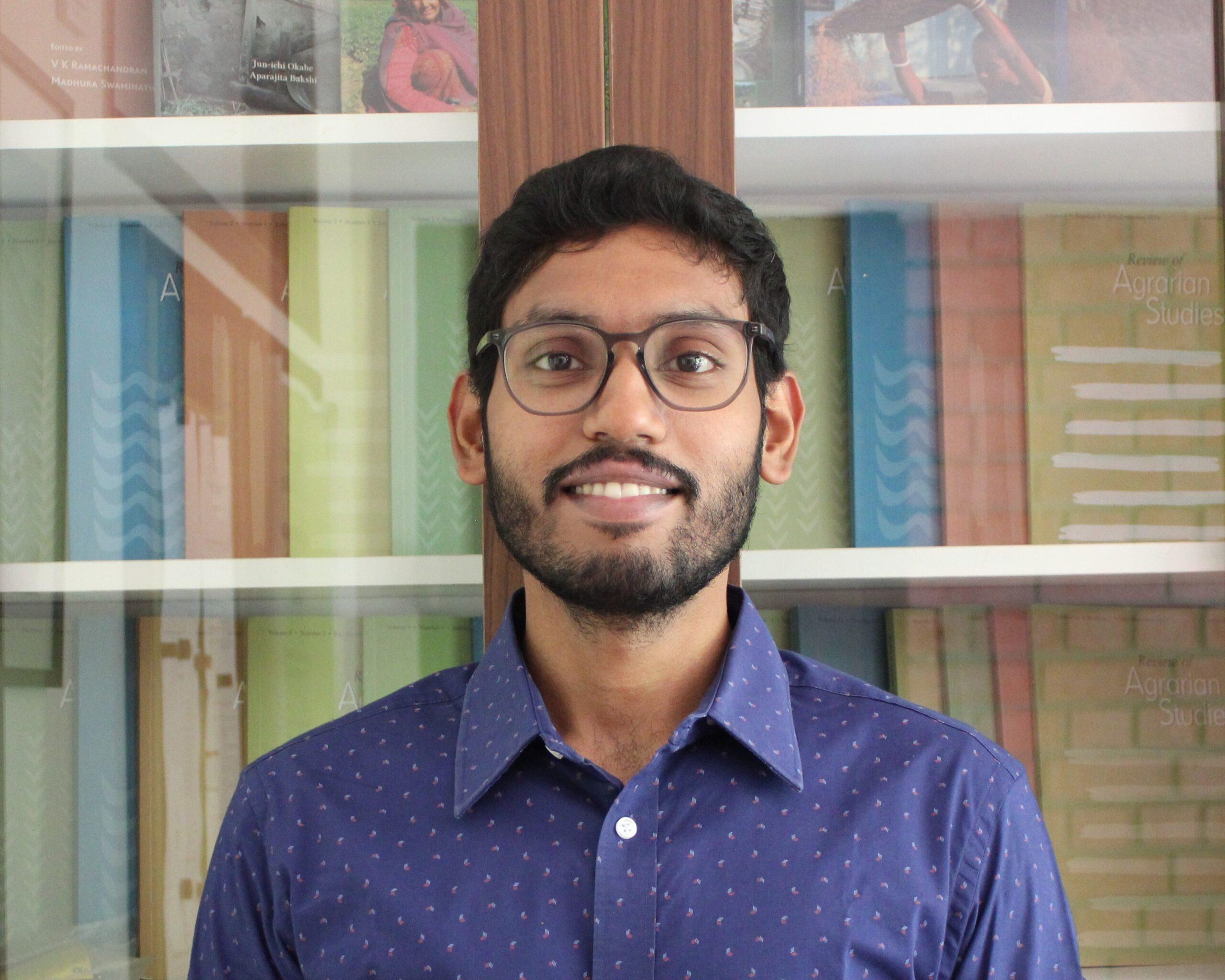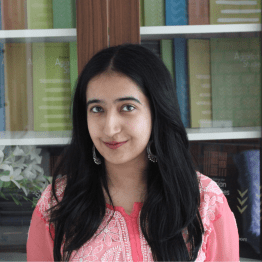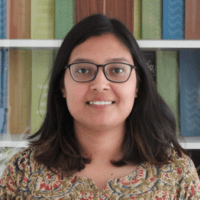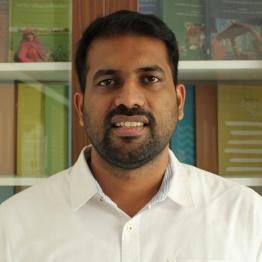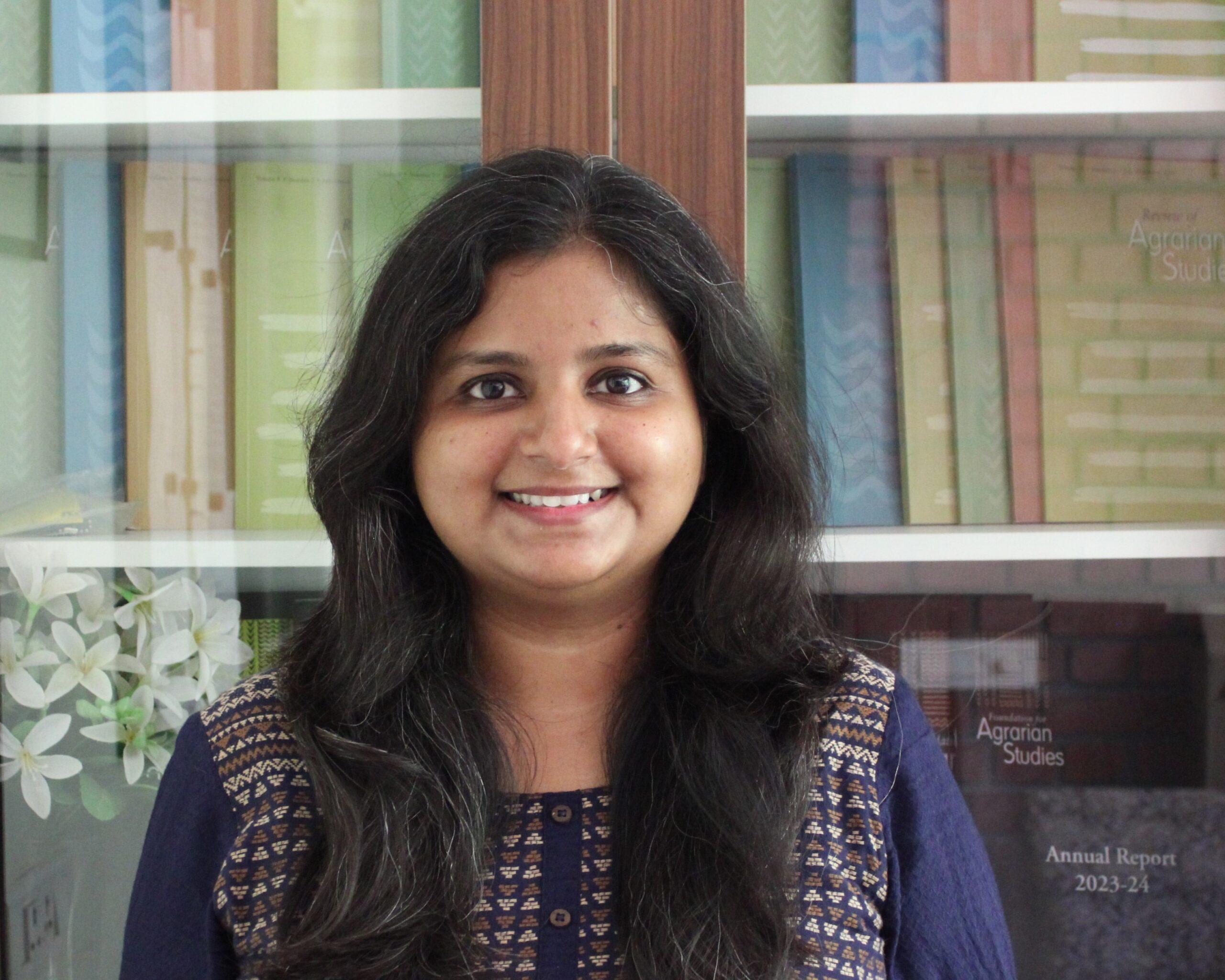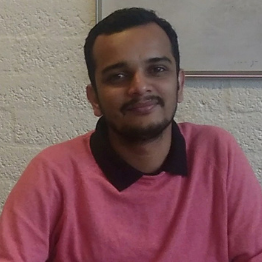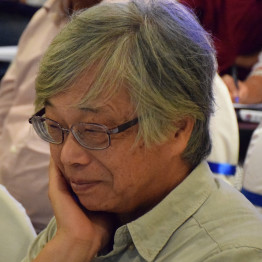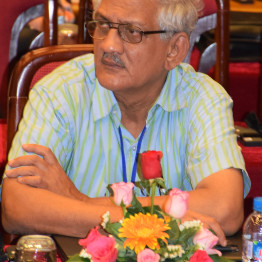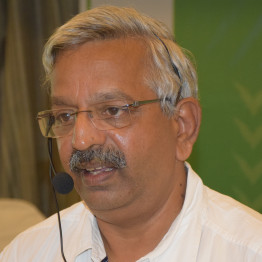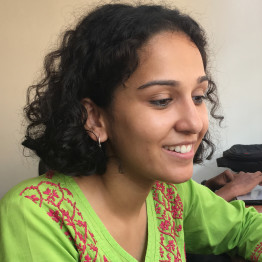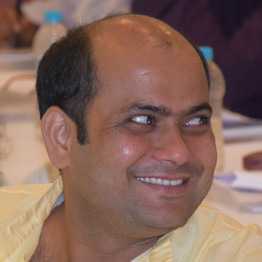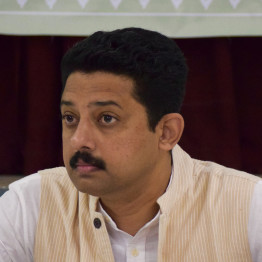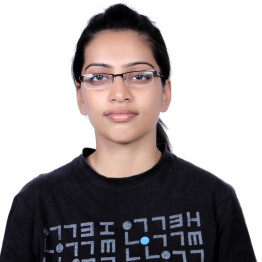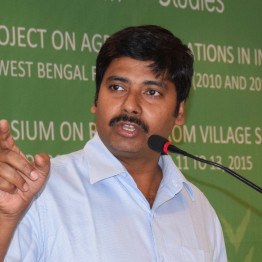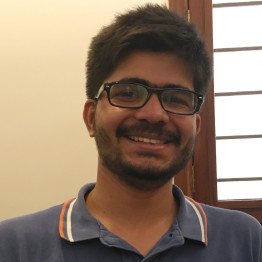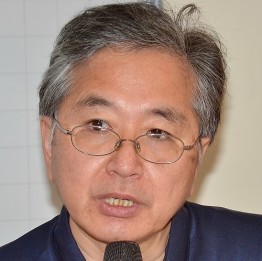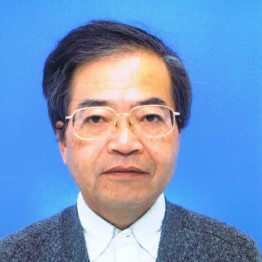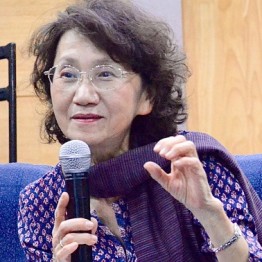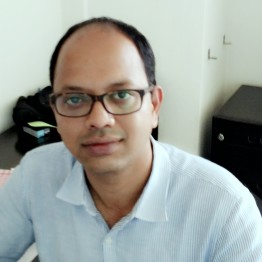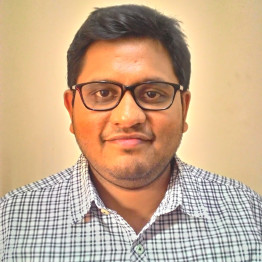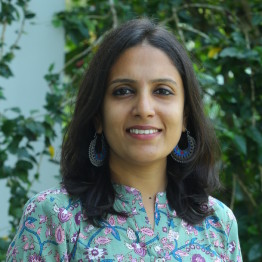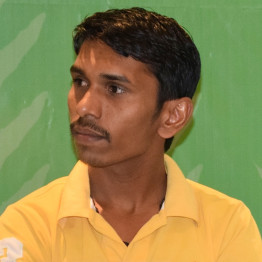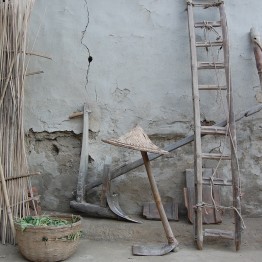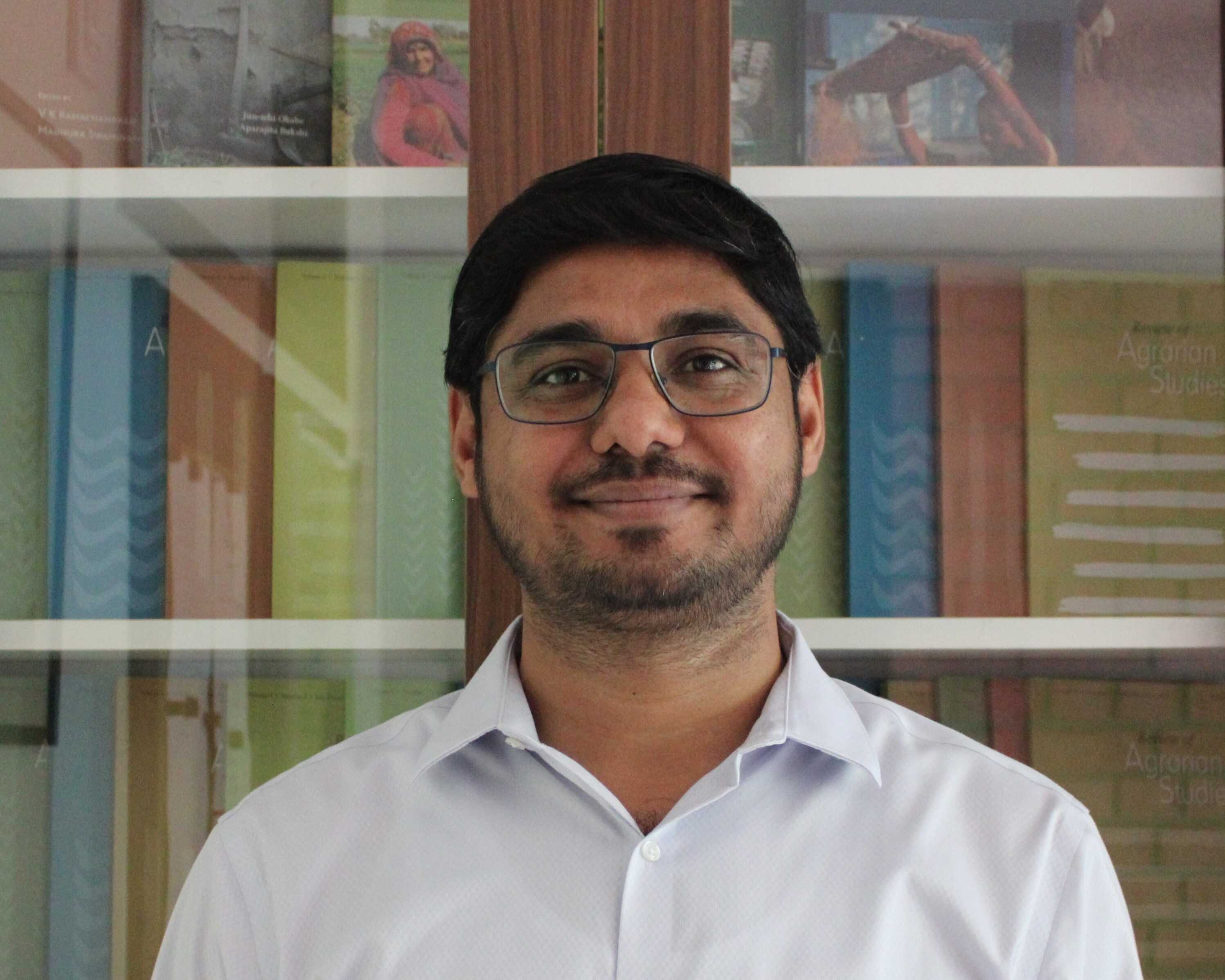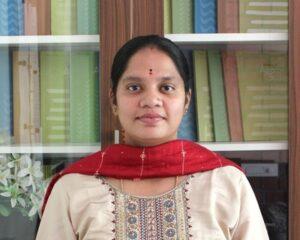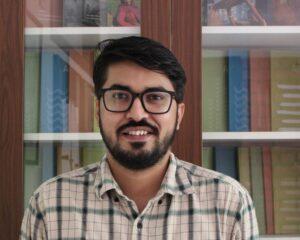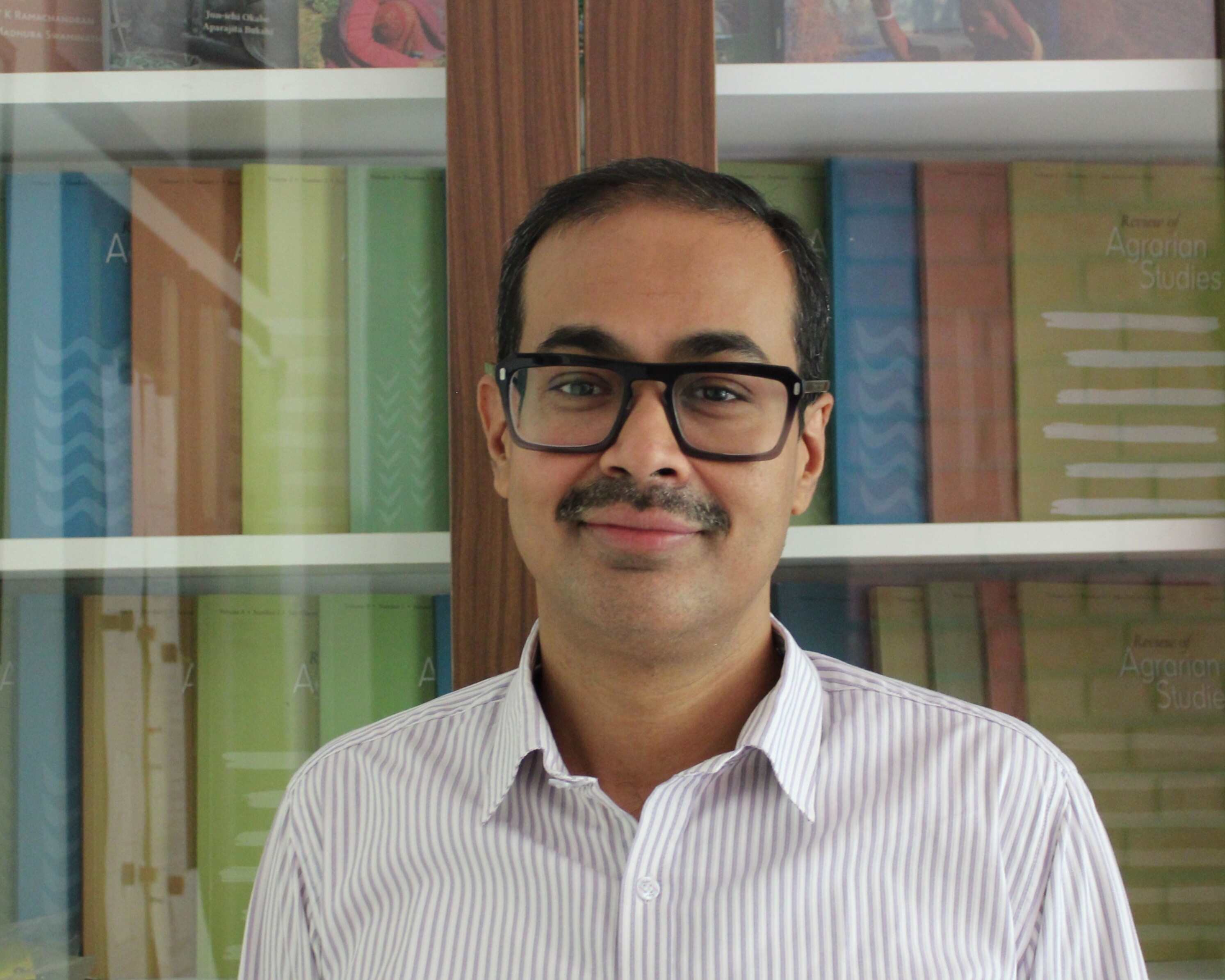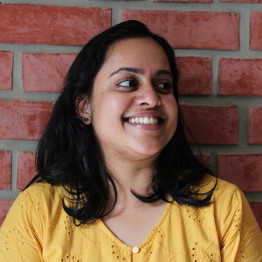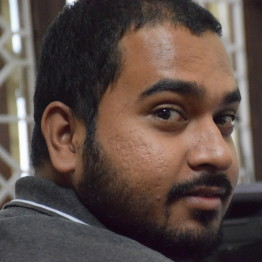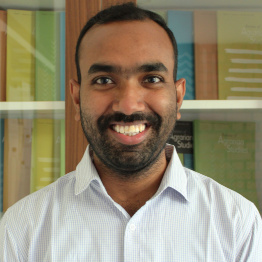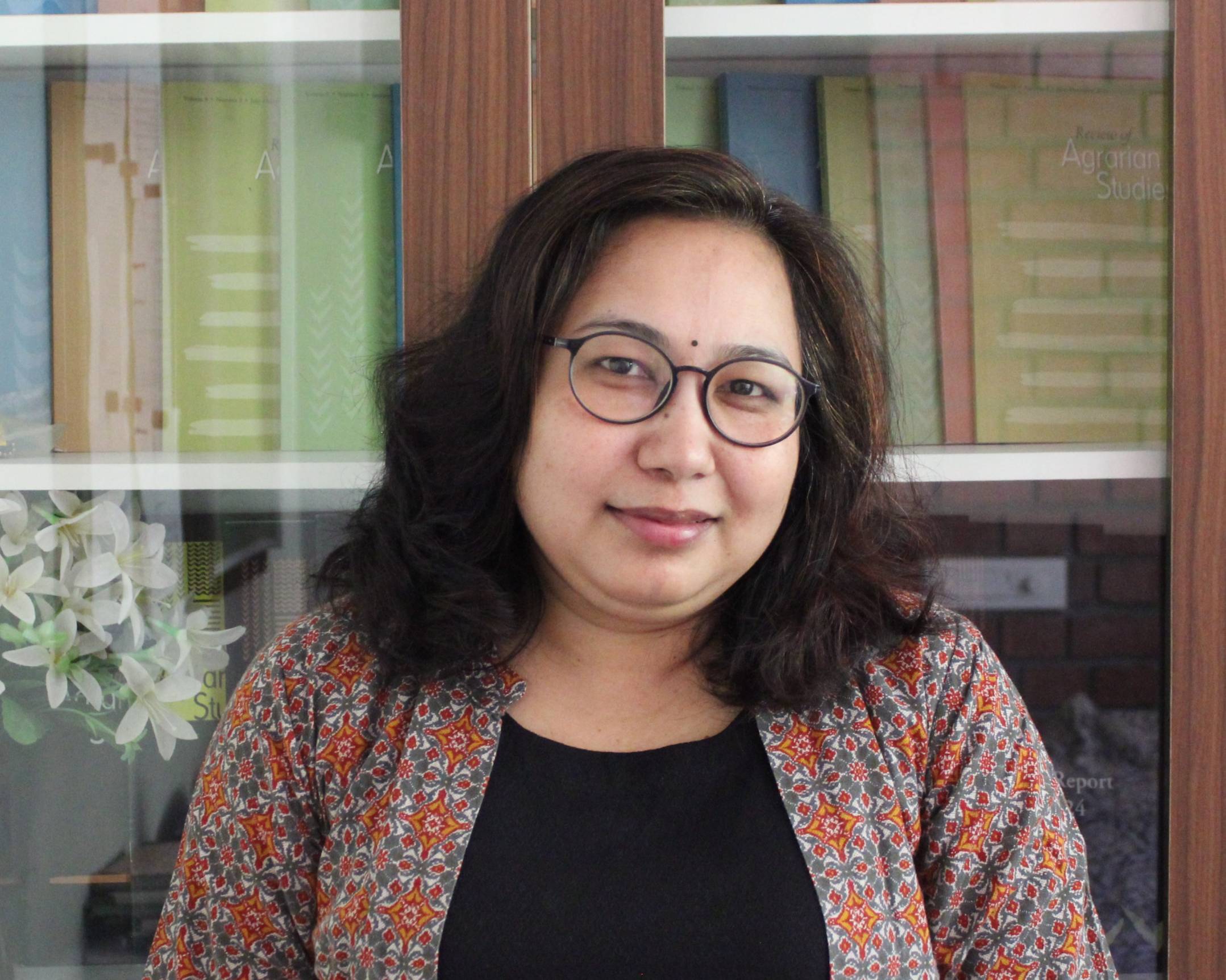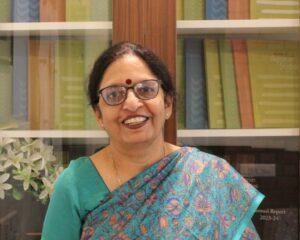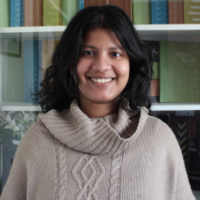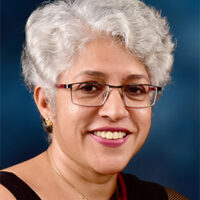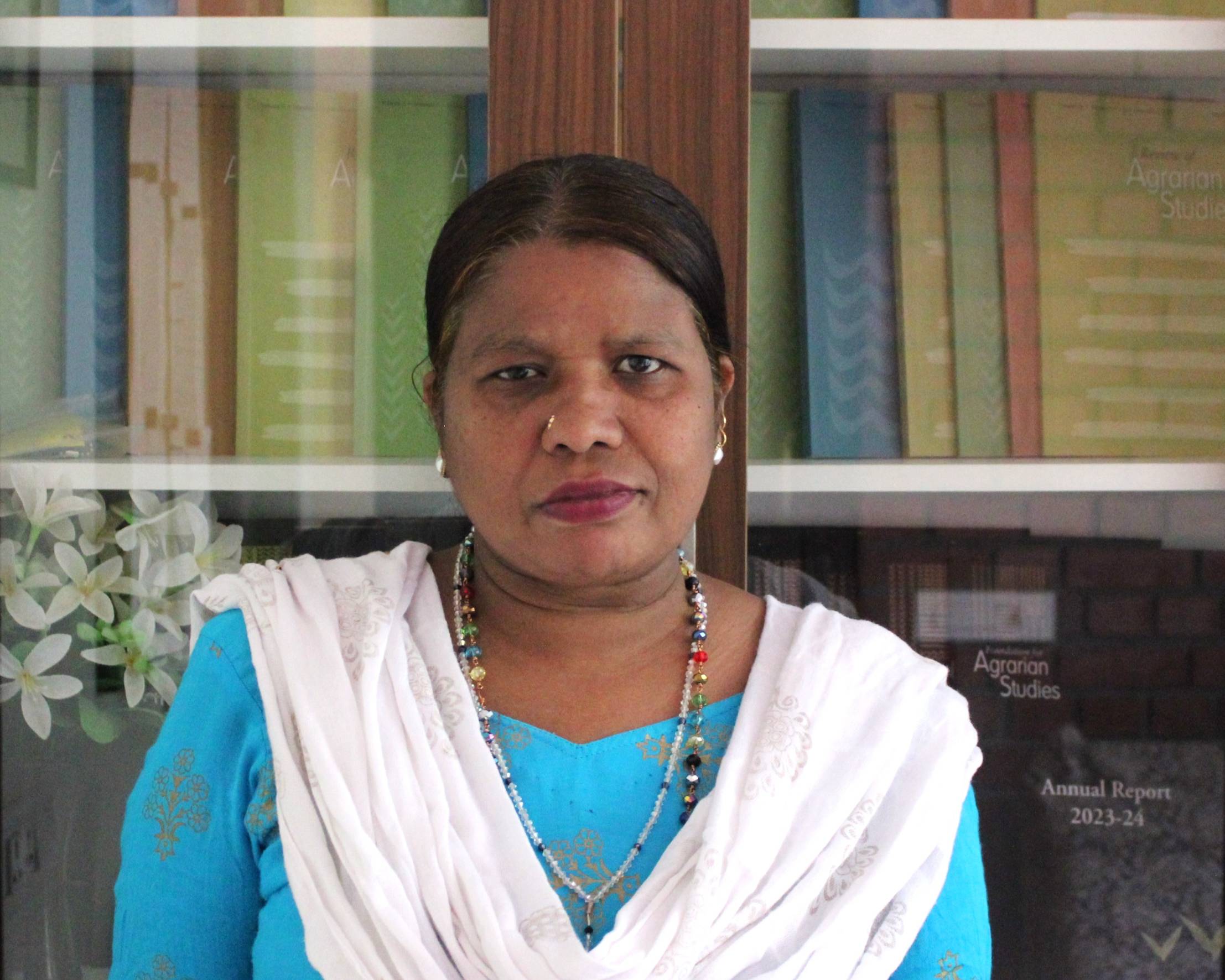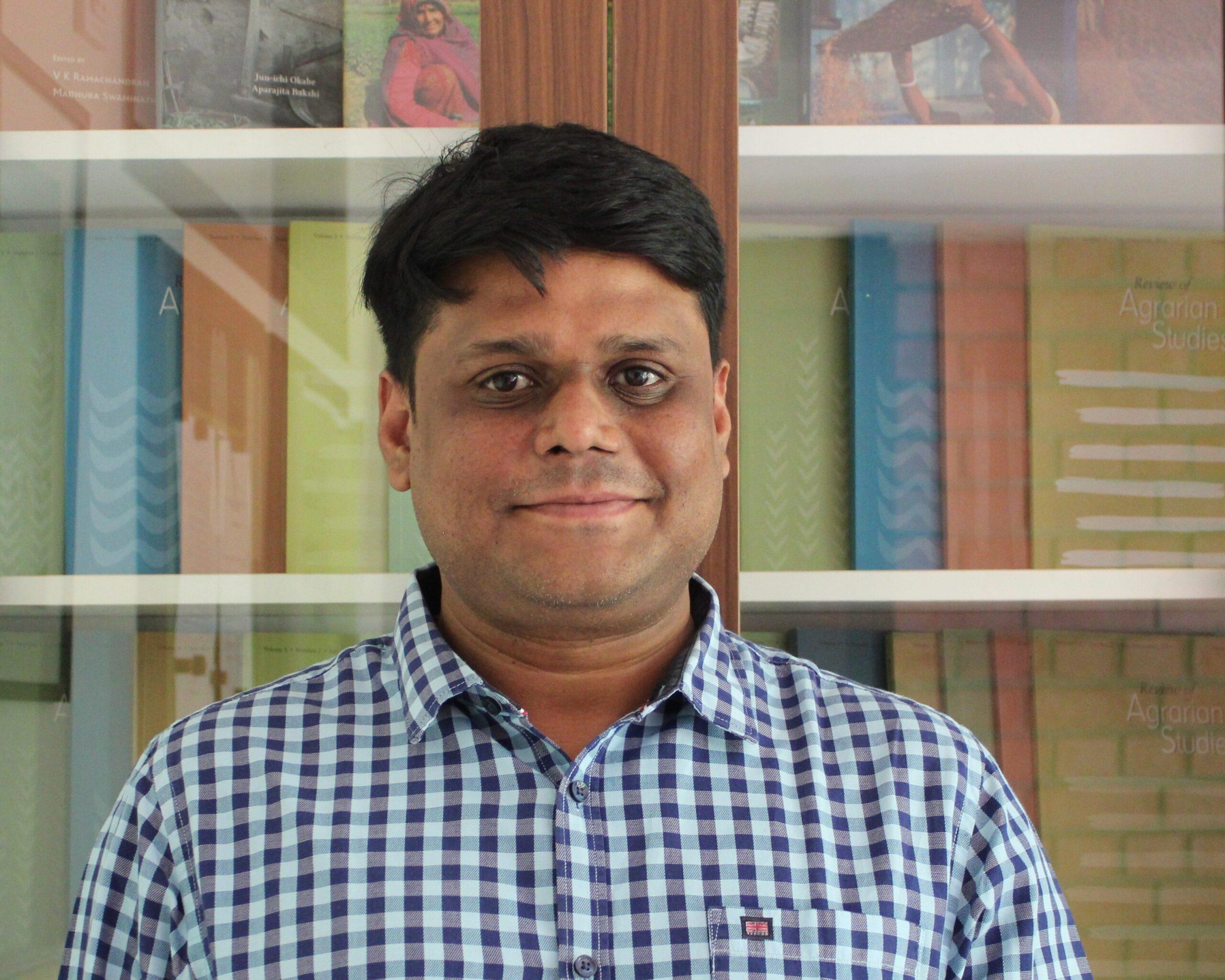The Foundation for Agrarian Studies organized an online felicitation programme for the noted economist Professor C. T. Kurien on July 21, 2021. Prof. Kurien turned 90 on this day. You can find the recording of the event here.
A brief report on the event has been published by The Wire. We republish the report here with due permissions.
“What is the main problem of the Indian economy?” C.T. Kurien would ask students in his popular class on ‘Problems of the Indian Economy’ that he taught at the Madras Christian College, Chennai, in the early 1970s.
The answer, he would say, was that millions of Indians lived in avoidable poverty and hunger.
It was a problem that C.T. Kurien, in his long academic career as a teacher and scholar of the Indian economy, would grapple with and seek answers to. To celebrate his 90th birthday, on July 2, this year, the Foundation for Agrarian Studies brought together former students, colleagues, friends and admirers of the leading economist, whose life and work has been marked by an inspiring commitment to progressive social change.
Opening the felicitation, his friend and fellow economist Amiya Kumar Bagchi framed the broad reference points or hallmarks of Professor Kurien’s economic contributions. Professor Kurien was a “pioneer in Indian regional development problems,” he said, referring in particular to two of his early books — Economic Change in Tamil Nadu, 1979 (co-authored with Joseph James), and Dynamics of Rural Transformation, A Case Study of Tamil Nadu, 1981.
Recalling a meeting in Moscow in 1975 at which he and Professor Kurien were members of an ICSSR delegation of economists from India, he said that the Indians strongly argued against the Soviet “line” which was that India was following a non-capitalist path of development. The Indian team argued that India was in fact treading the capitalist path “with all its attendant problems including growing poverty at one end and riches at the other.” Professor Kurien was among the first to critique the ‘Garibi Hatao’ plan of Indira Gandhi in an article for the Economic and Political Weekly in 1974. “Kurien argued that if poor-oriented [the plan] must be directed towards generating employment and… in such a way that the gains are distributed equally.”
The running thread in Professor Kurien’s books is the idea that “Development means nothing if it does not lead to human development in its broadest sense. It must have components of healthcare for everybody, education for everybody, and food security for everybody; and in this the role of the state is vital. Equality starts with economic equality.”
Professor C.T. Kurien, or CTK as he is known to most, taught in Madras Christian College (MCC) from 1953 to 1978. During his last two years at MCC, he was a UGC National Fellow. During his time at MCC, he took his PhD in Economics at Stanford University on the topic ‘Factor Market Structure and Technological Characteristics of an Underdeveloped Country: An Indian Case Study (1962)’. The focus of the thesis, as he described it, was on “the survival strategies of those who constituted ‘surplus labour’.”
In 1978, CTK joined the fledgling Madras Institute of Development Studies (MIDS), started by the economist Malcolm Adiseshiah. As director of the MIDS, he brought together a group of young scholars, and established a network of Indian and international visiting fellows, many of whom are well known today in the field of development studies. In the course of his career, CTK wrote 15 books and several articles on the Indian economy, many of them landmark studies for their time, and widely read and used as textbooks.
In an interview to Stuart Birks of the World Economics Association in February this year, CTK said that in contesting the neo-classical or “mainstream” economic model, his starting point consisted of three related questions: “Who owns What?”, “Who does What?” and “Who gets What?”
“I can now give a straight answer to the question posed: What led me to recognize the shortcomings of ‘mainstream economics’. And the answer is the fact that after recognising, but deliberately setting aside, objective and verifiable features of an economic system, it relies on untested and largely untestable aspects of human motivations as its basic premises. To one who set out to understand real life economic issues such theory is not helpful. Such theory, instead of serving as an aid to real life studies, easily becomes a tool for ideological propaganda.”
The speakers at CTK’s felicitation recounted the many ways in which he had influenced them and the discipline of economics. Chief Minister of Kerala Pinarayi Vijayan, in his message, lauded CTK as a “consistent supporter of policies which benefit the vast majority of people.”
Vijayan said that in its search for policy alternatives, the government of Kerala has put emphasis on “public intervention in education and health and decentralised governance. The economists and social scientists who believe in these alternate models are working with us, and many of them draw inspiration from scholars like C.T. Kurien.”
N. Ram, former editor of The Hindu, said that CTK’s “progressive, pro-people thinking” runs “like a red thread through his life and works.” He applauded his “well-reasoned and conscientious position on social and political, national and international issues going beyond economics”, whether it was his opposition to the US war of aggression in Vietnam in the 1970s, the fight against communalism in India, and campaigns for secular democracy and the freedom of speech and expression.
A teacher who “gave his students a sense of direction and purpose in their calling” is how Member of the Polit Bureau of the Communist Party of India (Marxist), Prakash Karat, the oldest of the students in the gathering, summed up CTK’s influence as a teacher. Karat remembered his classes as a “bright spot” for economics students at MCC, and said that the contributions and intellect of CTK helped his own evolution as a Marxist.
At a time when India is in the grip of “obscene inequalities, religious and ethnic nationalism and authoritarianism,” exacerbated by the current COVID-19 pandemic, “we need CTK’s voice of reason,” Karat said. The Chair of the meeting and another former student, V.K. Ramachandran, recalled CTK’s famous class on Indian Economic Problems, which he attended in the 1970s, as being “empirically detailed and filled with analytical considerations.” Whether it was about agriculture and land reform, or the public sector as a countervailing force for the public good, CTK helped his students make sense of the economic processes at work in India.
E. Raghukumar, a development expert on Francophone Africa said CTK’s book Poverty, Planning and Social Transformation (1978) was his “bible.” It helped him understand the politics of development and the role of multi-national aid organisations like the International Monetary Fund and the World Bank in debt-ridden Africa. Three young economists, V. Surjit, R.Gopinath and S. Nelson, who were not CTK’s direct students, but who learnt greatly from his analytical framework, spoke of how his work helped them, among other things, to link the discipline of economics to the real life problems they confronted as development economists.
For Professor Surjit, now with the National Institute of Rural Development and Panchayati Raj, whose primary research was on farm business incomes in Tamil Nadu, CTK’s early observation that “returns help farmers to survive but large farmers to accumulate, and the gap is increasing,” resonated with his own findings decades later. The Japanese economic historian Tsukasa Mizushima was an early visiting research scholar at MIDS, and he recalled with gratitude the warm encouragement he received from CTK in pursuing his research on Tamil Nadu. He gave a brief description of his current work on population movements and the famine of 1870 in Tamil Nadu.
The cluster of CTK’s colleagues who were present at the meeting spoke warmly of their association over the years with CTK and the influence of his scholarship on their own work as economists. The economist M. A. Oomen, an old friend and colleague, referred to CTK’s “spontaneous preference for fairness and justice” in his writings on economics, a discipline that he saw as being “embedded in social relations.” For Barbara Harriss-White, who came to Tamil Nadu as a scholar in 1979, the two “metaphorical earthquakes” she encountered were first, the MIDS as a vibrant institute of research and publication under the leadership of CTK, and second, his book Economic Change in Tamil Nadu, 1979 (co-authored with Joseph James). She described the book as “innovative, integrated, emerging from a critique of orthodox economics and an experiment with a vast range of methods.”
His colleague at the MIDS, economist K. Nagaraj, remembered how as Director CTK gave researchers the freedom to do their chosen work with their own perspectives and methodologies. Director of the MIDS, P. G. Babu, referred to two of CTK’s important papers on growth and poverty, and how the questions and issues raised in these papers remain significant even today.
For the economist John Harriss, it was his introduction to CTK and the MIDS that was the beginning of a long association with Tamil Nadu. “CTK showed what was possible to learn about rural transformation by bringing together and meticulously analysing secondary data. His work inspired scholars from other states to do what he had done for Tamil Nadu.”
Venkatesh Athreya, a fellow economist and colleague, spoke with warmth and affection of CTK’s “sustained intellectual activity and sustained involvement in social issues and progressive interventions.” Madhura Swaminathan, an economist who has known CTK since 1984 also referred to the contemporary relevance of CTK’s book on rural transformation in Tamil Nadu, in which he “crystallised the essence of inequality.”
Jesudas M. Athyal, an old associate and friend of CTK, and a Visiting Researcher at the Centre for Global Christianity paid tribute to a slightly different but related aspect of CTK’s contributions. He noted that CTK was a “forerunner in the Christian-Marxist dialogue and interaction in India.” He broadened the scope of the Greek word Oikos [a concept comprising three related but distinct features, in an ecumenical sense, of the family, the family’s property, and the house.]
He noted that CTK enlarged this definition with the proposition that “three terms emerged out of Oikos – Economy, Ecology and Ecumenism,” thereby linking economics, ecology and ecumenical unity. He believes CTK’s lasting contribution is his belief that “the fundamental questions facing us today are not only about dogmas or creed or manifestos, but the poverty of people in an unjust society, the need for growth with justice and the commitment to uphold the values of secularism, human rights and democracy.”
The answer to the question CTK posed to his students nearly half a century ago “What is the major problem of the Indian economy?” remains the same today as it did then, a speaker at the event noted. A majority of Indians continue to live in avoidable poverty and disease, with very little schooling, and in conditions of caste, class and gender oppression.
The speakers who gathered to celebrate the 90th birthday of C. T. Kurien illuminated the life, work and contributions of a scholar of great distinction and social conscience, a dedicated teacher and astute scholar, whose lifelong quest has been to find ways of changing the world as we know it, and in building a society that is just, fair and equal in all respects.
About the author
Parvathi Menon is a Trustee of the Foundation for Agrarian Studies

